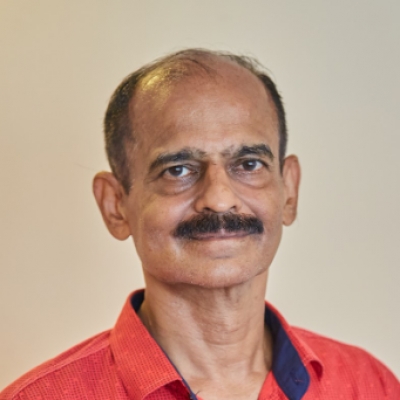Singapore Elections: All Sunshine for the PAP?
Despite an impressive election victory for the popular prime minister, Singapore’s politics is becoming more nuanced.
September 14, 2015
A few days ago, on September 10, 2015, Singapore’s ruling party, the People’s Action Party (PAP), was voted into power once again with an unexpected 69.9% share of the vote.
This was an almost 10% increase from its 60.1% share in the 2011 elections. The main opposition party, the Worker’s Party (WP), lost one ward and is left with six seats in parliament.
However, the Worker’s party suffered only a 5% vote swing despite a fierce campaign by the PAP. This seems to indicate that Singaporeans have a strong desire for an entrenched opposition.
This election outcome extends PAP’s 56-year unbroken electoral record dating back to 1959 and will enable it to cross 60 years in power soon.
The result underlines its popularity and reflects its status as one of the most competent political parties in the world.
Five reasons for success
As analysts and pundits try to discern the reason for the unexpected swing of 10% in favor of the PAP, several factors can be said to have clearly contributed to this outcome:
1. Policy changes: In response to the 2011 election results, the PAP has made policy changes in the areas of cost of living, housing, transportation and foreign workers. As a result, people are less unhappy with the party and there were less issue-based protest votes.
2. SG 50: The year-round festivities around the Singapore Golden Jubilee made Singaporeans aware of how far their country has come under the leadership of the PAP over the past 50 years.
3. Death of Lee Kuan Yew: The death of the founding father Lee Kuan Yew (and father of the current Prime Minister Lee Hsien Loong) during the year imbued not just the pioneer generation, but also Singapore’s silent majority with a sense of patriotism and gratitude to both Lee Kuan Yew and the PAP.
4. Popularity of the Prime Minister: Over the years, PAP leaders have been increasingly viewed as arrogant, aloof, out-of-touch and insensitive. However, the Prime Minister himself is seen as sincere and intent on continuing his father’s legacy. He capitalized on this by making it a vote over his personal leadership. His campaign was “every vote for the PAP is a vote for me.”
5. Skillful timing: The just concluded elections were called 18 months early and the PAP’s surprisingly strong results are undoubtedly due to brilliant political timing. The party now has another five years to build up its fourth generation leadership. It also gives a suitable time window for Prime Minsiter Lee to step down after the next election as is the tradition of the PAP.
Not all is rosy
Although the current interpretation of the election result is to see it as an endorsement of the PAP, there is also an alternate way to read the outcome.
According to this interpretation, an increasingly sophisticated voting public slowly gets accustomed to flexing its electoral muscle, after many years of PAP dominance.
The overriding desire is to push all parties to become more sensitive to the expectations of the electorate.
At least equally significant is the fact that, since 2011, Singapore has moved toward a changed political landscape.
Barriers in political culture and fear have broken down and new benchmarks and expectations are now in place. This became evident in the recent elections in the following ways:
- The entire campaign was free of personal attacks on opposition candidates by the PAP.
- Many educated and professionally successful candidates stood for the opposition – and did so without fear of intimidation.
- The average voter is now not shy or afraid to openly support or compliment the opposition.
- It has become normal and acceptable to vote for the opposition.
- Most people now want a solid opposition. They feel this makes the PAP listen better, be less dismissive and more sensitive to the needs of the electorate.
Once the dust settles, the results of the September 2015 elections are likely to be interpreted not just as a ringing endorsement of the PAP.
They point to a savvy and sophisticated rebalancing of the political process that enables better outcomes for all Singaporeans.
